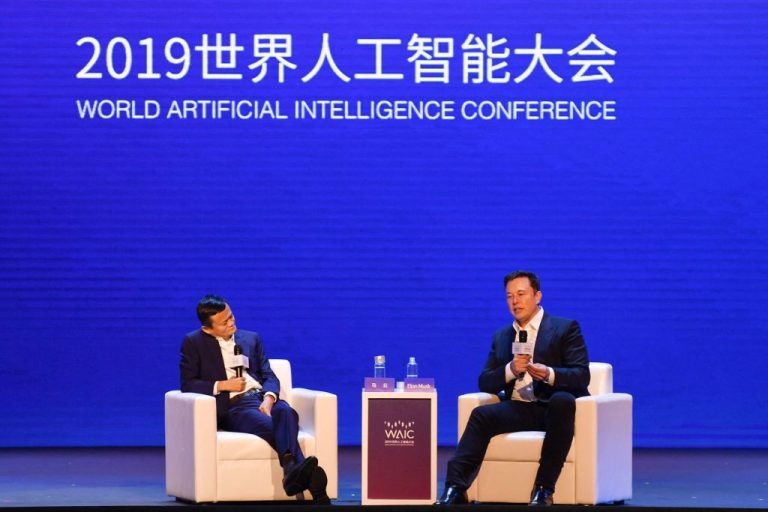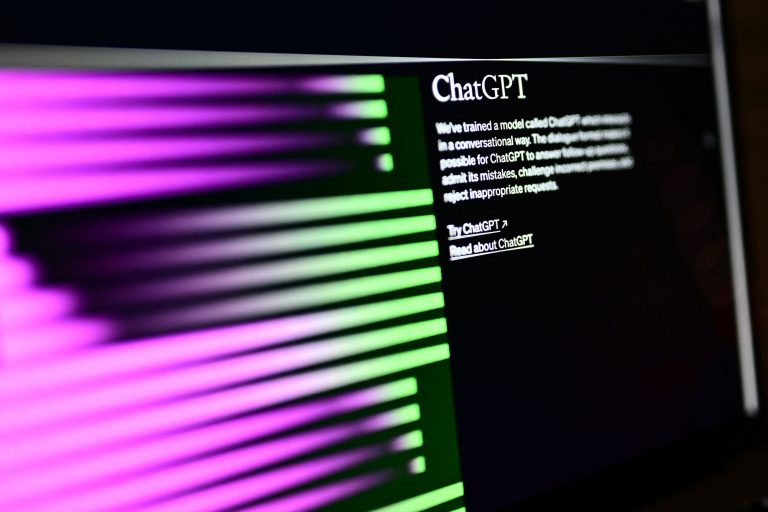Tesla CEO and Twitter owner Elon Musk made an “unannounced trip” to Beijing on May 30, marking his first visit to mainland China since the COVID-19 pandemic broke out, and was received warmly by Foreign Minister Qin Gang.
South China Morning Post reporting on the trip was warmly toned, noting that Qin mentioned Tesla by name when making commitments that the government is “committed to creating a better market-oriented, rule of law and internationalised business environment” for foreign companies.
Returning the favor, Musk was quoted as saying he opposed a “decoupling” from China and is even willing to expand operations.
The exchange is notable in that other rival global blue chips, most significantly Apple, have in recent months redoubled initiatives to extract manufacturing from the mainland.
READ MORE
- Agents of Communist China Arrested for IRS Bribery Scheme Targeting Falun Gong in the US
- China-based Fentanyl, Narcotic Suppliers, Sell Online Via Digital Currency, Blockchain Analysts Find
- Chinese Authorities Face Uncontrollable Debt Crisis
- China Faces New COVID Wave With 65 Million Infections Per Week, According to Party Media
During the week prior to Musk’s visit, Broadcom announced it would be producing 5G components for Apple, its largest client, at the Broadcom facility in Milwaukee rather than its mainland plants, while in April, Apple unloaded an entire 6 percent of its global iPhone production from China-based factories to India.
Expanding Chinese production
Success
You are now signed up for our newsletter
Success
Check your email to complete sign up
For Tesla, China is a crucial node in its worldwide production network. According to the company’s Q1 ‘23 Earnings Report, the Gigafactory in Shanghai is the largest manufacturer of Model 3 and Model Y units in the world at 750,000 annually.
“Giga Shanghai remains our main export hub,” the Shareholder Deck stated, noting it supplied vehicles to the recently-opened operations in Thailand.
For comparison, the California Gigafactory is responsible for 550,000 units of the two models.
At the end of April, Chinese state mouthpiece Xinhua was the first to announce that Tesla would be building a new “Megafactory” in Shanghai to assemble and produce the company’s 40GWh Megapack batteries in supplementation to a primary California Megafactory, Reuters reported.
Tesla is supposed to begin construction in Q3 of this year and begin production by Q2 of 2024, Reuters added.
SCMP noted that at the moment Tesla was likewise underpinning the mainland economy when it stated Tesla had “contributed almost one-quarter of Shanghai’s total car production value last year.”
The article further states that Musk “is also expected to visit” the Shanghai Gigafactory during his time in China.
The last time Musk visited China was in August 2019 as a speaker for the second annual World Artificial Intelligence Conference, just seven months after he visited Shanghai for the ground breaking ceremony at the Shanghai Gigafactory, Observer reported at the time.
The timing was significant in that one of the earliest black swan signals that a pandemic had emerged in China came just two months later when athletes from the Canadian Armed Forces fell ill after contracting what appeared to be a virus with peculiar and strong symptoms at the World Military Games held in October 2019 in Wuhan
Associated Press reported that Tesla declined to comment when it reached out for details on Musk’s trip.
The CEO’s journey appears to have been unscripted, with outlets such as Bloomberg using flight tracking services to monitor the position of Musk’s private jet and Reuters posting a video of its landing in Beijing on Twitter.
Nonetheless, a March 31 exclusive published by Reuters stated that Musk had already foreshadowed plans to travel to the mainland to meet with new Premier Li Qiang based on comments from “two people with knowledge of planning for the trip.”
Financial Times argued that Minister Qin had used the meeting to comment on the state of Beijing-Washington relations when he told Musk, “A healthy, stable and constructive China-US relationship is not only beneficial to both countries, but also to the world.”
On May 22, the Chinese Communist Party banned U.S. chipmaker Micron from supplying components for national information technology infrastructure following allegations that the company had failed a cybersecurity review, a notice on the Cyberspace Administration’s website stated.
The move set off a flurry of activity from the Biden administration, including U.S. Commerce Secretary Gina Raimondo meeting with her counterpart Wang Wentao over dinner just days later on May 25, The Wall Street Journal reported.
Whatever headway the meeting between Raimondo and Wang was intended to achieve was apparently fruitless. On May 27, Bloomberg quoted Raimondo as characterizing the Micron ban as “plain and simple, economic coercion.”
“We won’t tolerate it, nor do we think it will be successful,” she added.
It’s not just Washington scrambling to move and shake.
FT reported on May 27 that Jamie Dimon, boss of the cornerstone of the U.S. financial system JP Morgan, had assembled the now 100-year-old Henry Kissinger and “a clutch of American and Chinese corporate leaders” for a meeting also being held in Shanghai.
Included in the list are the CEOs of Starbucks and Pfizer on the American side and Baidu and Geely on the Chinese side, while Kissinger will attend remotely along with former Secretary of State Condoleezza Rice, FT added.
The article states that this trip marks Dimon’s first to mainland China in four years.
“No Chinese government figures are due to speak at the conference, which has in previous years been addressed by a representative from the finance ministry and an adviser to the State Council, or cabinet,” the article reads.
FT paraphrased the “official social media account” of Shanghai as stating the Dimon undertook that “JPMorgan would play a role as a bridge for foreign companies to invest in the city,” while the bank itself had “declined to comment on what it called a private meeting.”
Financial industry narrative aggregator Zerohedge quoted Wedbush analyst Dan Ives as telling clients in a note that Musk’s appearance on Chinese soil was important to both Tesla and its various underpinners, investors, and speculators when he stated, “Playing nice in the sandbox in Beijing is something the Street is laser-focused on to make sure there are no disruptions to Tesla’s expansion.”















